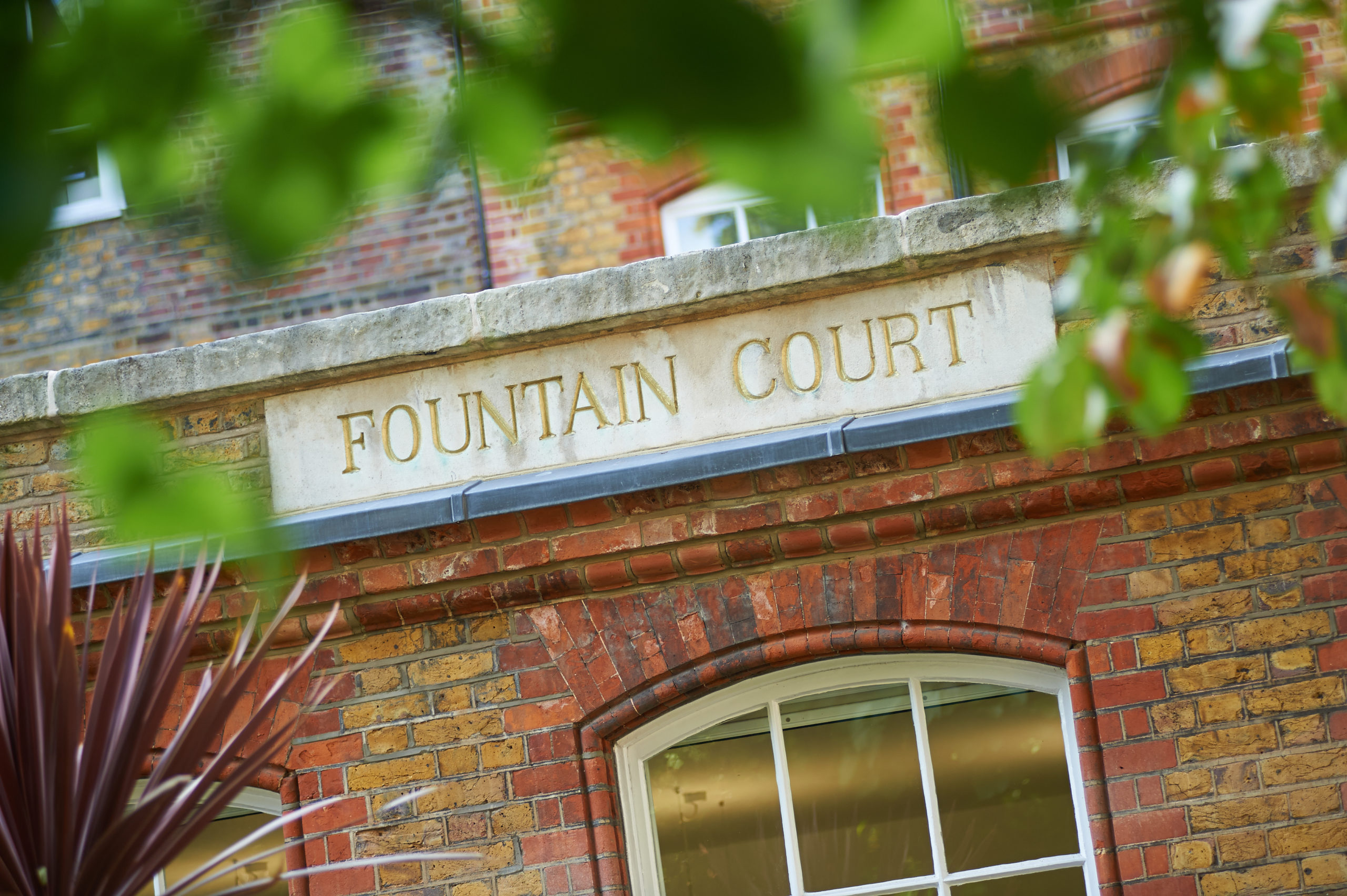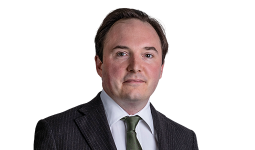
The Court handed down judgment this morning in the FCA Business Interruption test case brought on an expedited basis under the Financial Markets Test Case Scheme, in which 6 members of Chambers were involved. The decision clarifies the circumstances in which policyholders can rely on nationwide action (as opposed to more localised action seen in recent months) to recover COVID-19-related business interruption losses.
The Court considered three broad categories of clause:
- Disease clauses, which provided cover for interruption following the occurrence of a notifiable disease within a specified radius of the premises.
- Public authority action clauses, covering prevention or hindrance of access to, or use of, the premises due to public authority action.
- Hybrid clauses, which respond to public authority restrictions consequent on disease.
In very broad terms, Flaux LJ and Butcher J decided that:
- Disease clauses in six policies from Argenta, MSAmlin, QBE and RSA did respond if the policyholder could show that COVID-19 had occurred within the specified radius of their premises. Disease clauses in two other QBE policies only provided cover for the interruption caused by the disease within the specified radius, rather than the disease nationwide.
- Various public authority action clauses in RSA, Arch and Hiscox policies provided cover.
- The was no cover under other clauses in policies from Hiscox (the Non-damage denial of access wording), MSAmlin and RSA, which were focused on local (not national) events. Policyholders insured with Zurich also had no cover, while Ecclesiastical could rely on complete exclusions to deny cover to its policyholders.
- The Orient Express Hotels v Generali case on which heavy reliance was placed by insurers to support their case on causation and trends clauses was distinguishable as a matter of construction on the basis of the policy wordings before the Court; if it was not, the Court would have declined to follow it.
- The Court also discussed how policyholders could prove the prevalence of COVID-19 within a specific radius of their premises.
Leigh-Ann Mulcahy QC, Deborah Horowitz and Max Evans acted for the FCA at trial, together with Richard Coleman QC at an earlier stage, and were instructed by Herbert Smith Freehills.
Ben Lynch QC and Christopher Knowles acted for the Hiscox Action Group (intervening), instructed by Mischon de Reya.
The judgment is here.
A link to the FCA’s page regarding the judgment can be found here.







